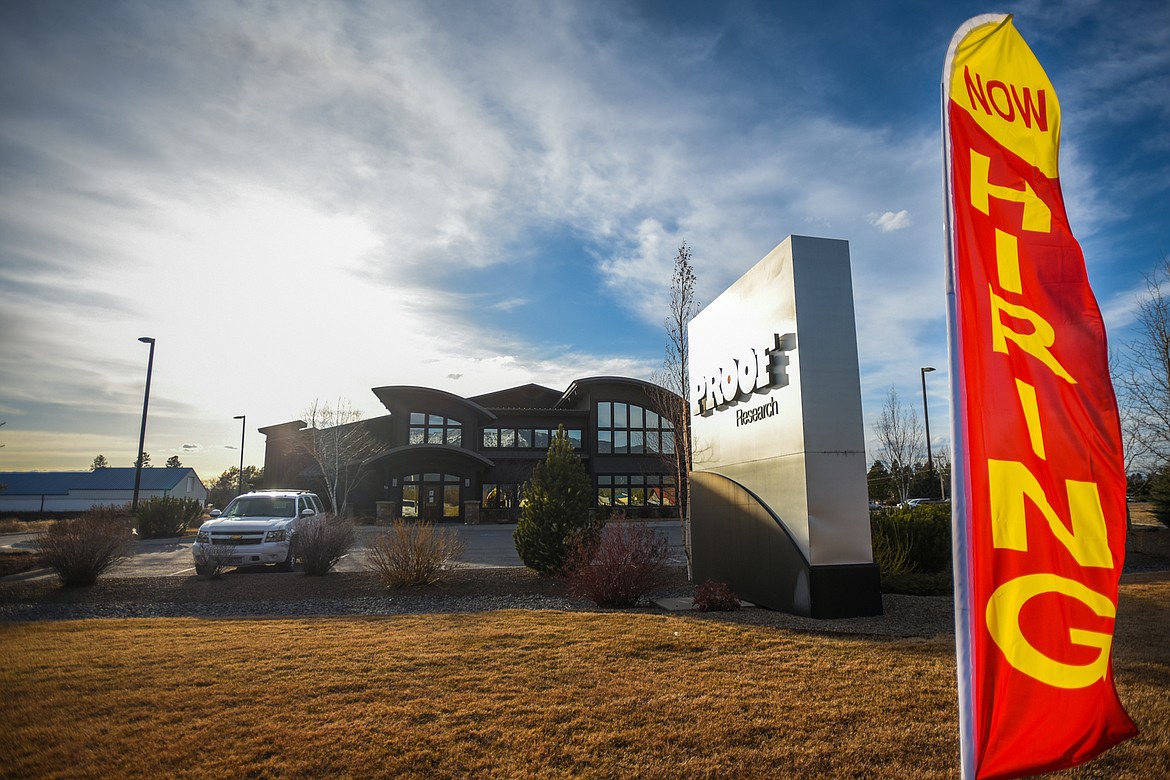Employers hope return-to-work incentive brings in workers
Good help has never been harder to find.
In March, the Montana unemployment rate neared pre-pandemic levels at 3...
Daily Inter Lake - everything
Print delivery, e-edition and unlimited website access
- $26.24 per month
Daily Inter Lake - unlimited website access
- $9.95 per month

